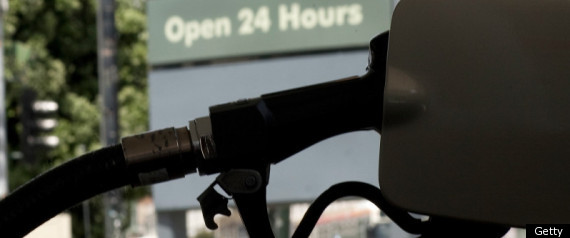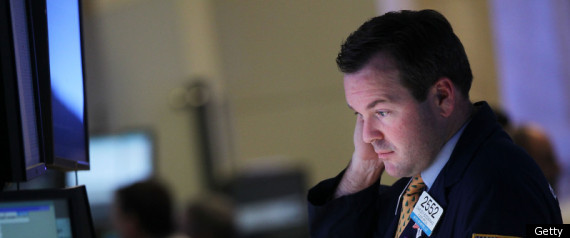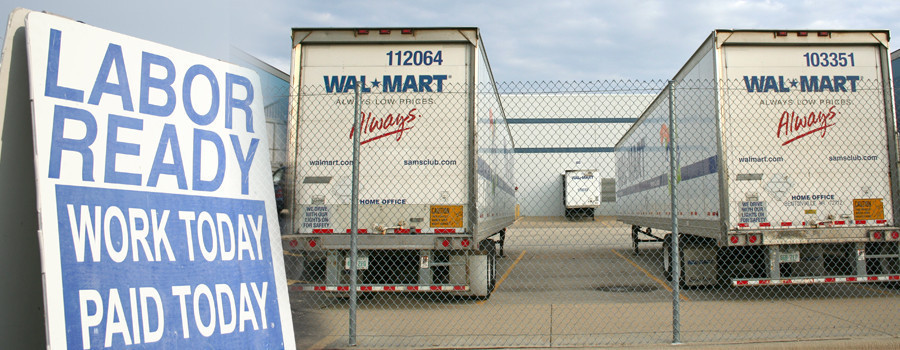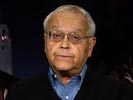CALGARY - TransCanada Corp., known for its vast network of oil and gas pipelines, is making an entry into the solar power business with the acquisition of nine Ontario projects for a total of $470 million.
The Calgary-based company (TSX:TRP) said Tuesday it has agreed to buy the projects, with a combined capacity of 86 megawatts, from Canadian Solar Solutions Inc.
"The addition of these solar projects allows us to expand and add to our diverse power generating portfolio where a third of the power we own, or have interests in, comes from alternative or renewable energy sources," TransCanada CEO Russ Girling said in a news release.
TransCanada has large wind projects in Quebec and Maine, as well as hydroelectric operations that span New Hampshire, Massachusetts and Vermont. Many of its power plants in Canada and the United States run on natural gas, which burns cleaner than coal. It is also a partner in the Bruce Power nuclear plant on the shores of Lake Huron, which currently produces 4,700 megawatts of electricity.
The Calgary-based company (TSX:TRP) said Tuesday it has agreed to buy the projects, with a combined capacity of 86 megawatts, from Canadian Solar Solutions Inc.
"The addition of these solar projects allows us to expand and add to our diverse power generating portfolio where a third of the power we own, or have interests in, comes from alternative or renewable energy sources," TransCanada CEO Russ Girling said in a news release.
TransCanada has large wind projects in Quebec and Maine, as well as hydroelectric operations that span New Hampshire, Massachusetts and Vermont. Many of its power plants in Canada and the United States run on natural gas, which burns cleaner than coal. It is also a partner in the Bruce Power nuclear plant on the shores of Lake Huron, which currently produces 4,700 megawatts of electricity.



























